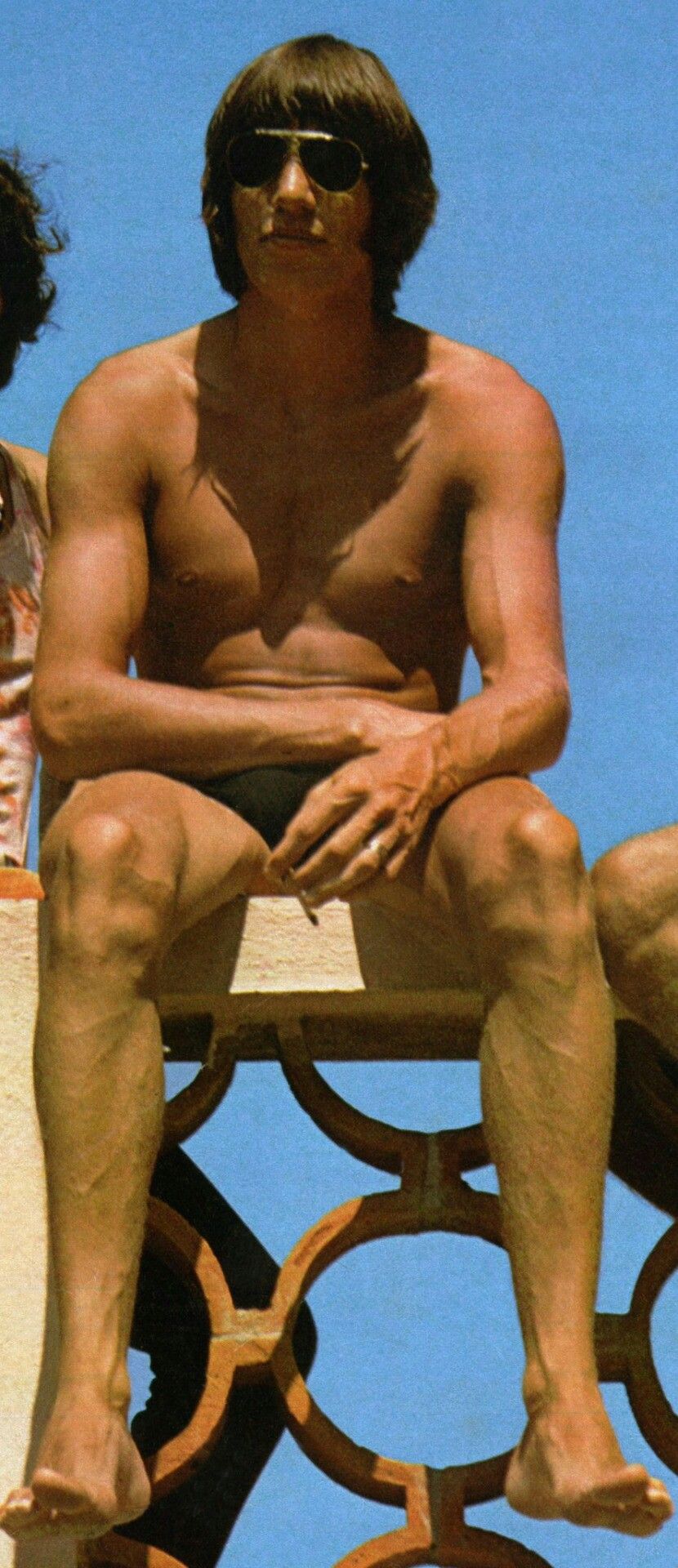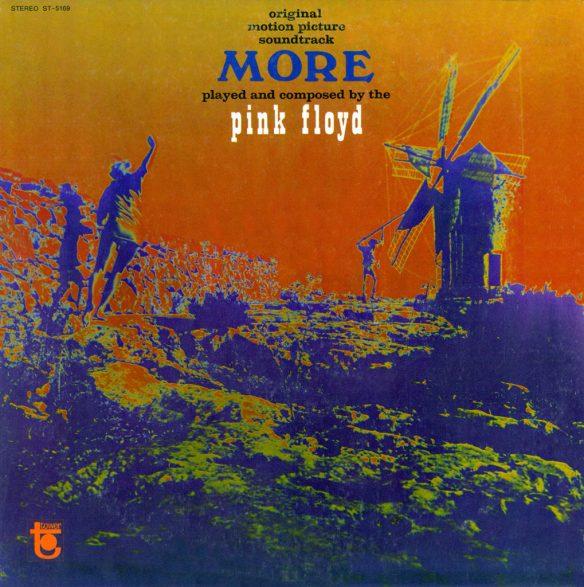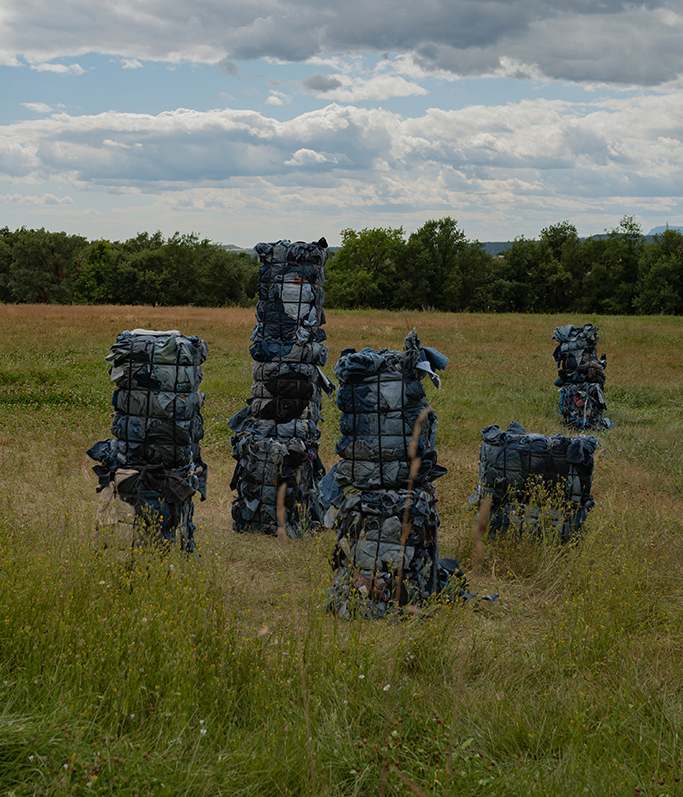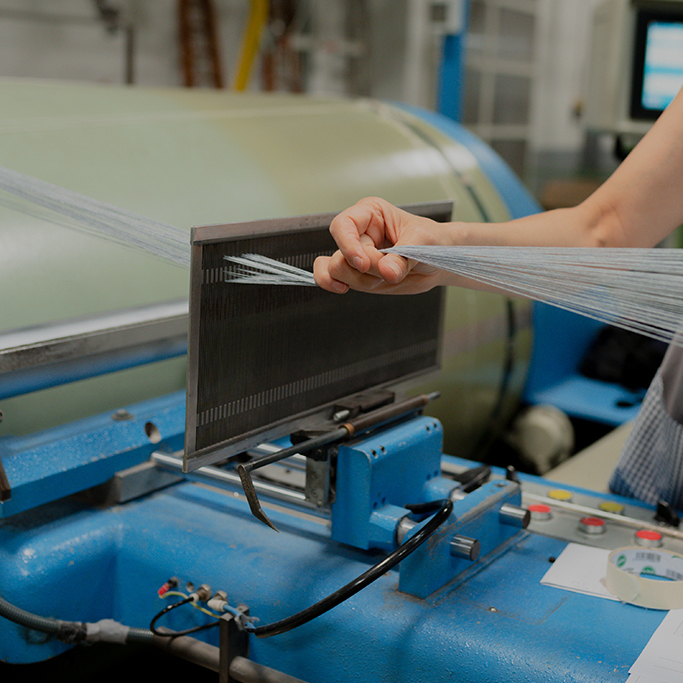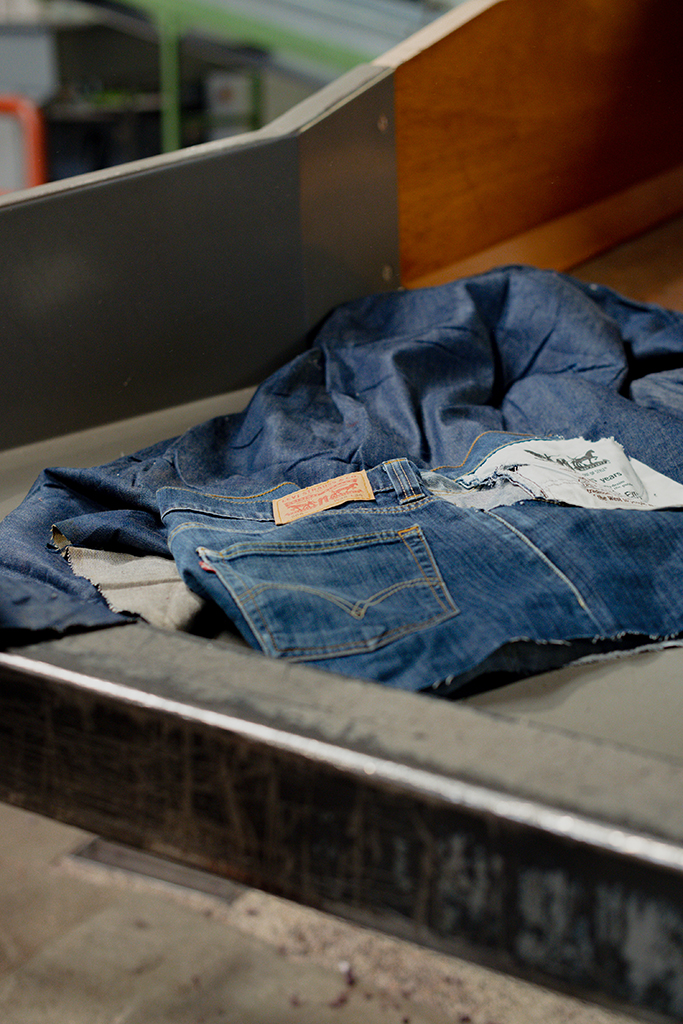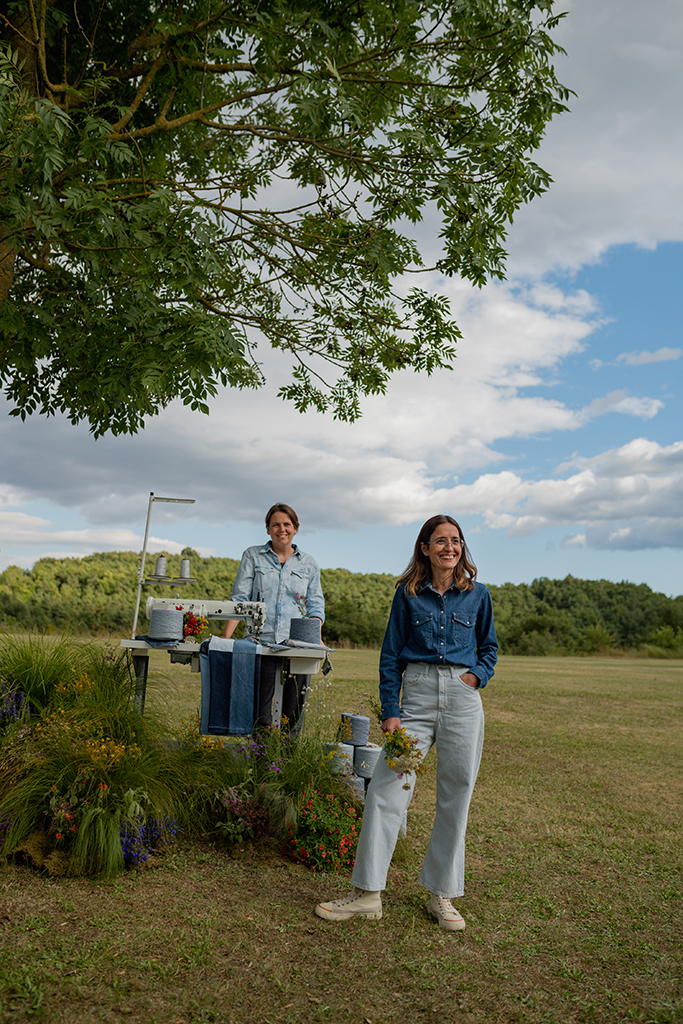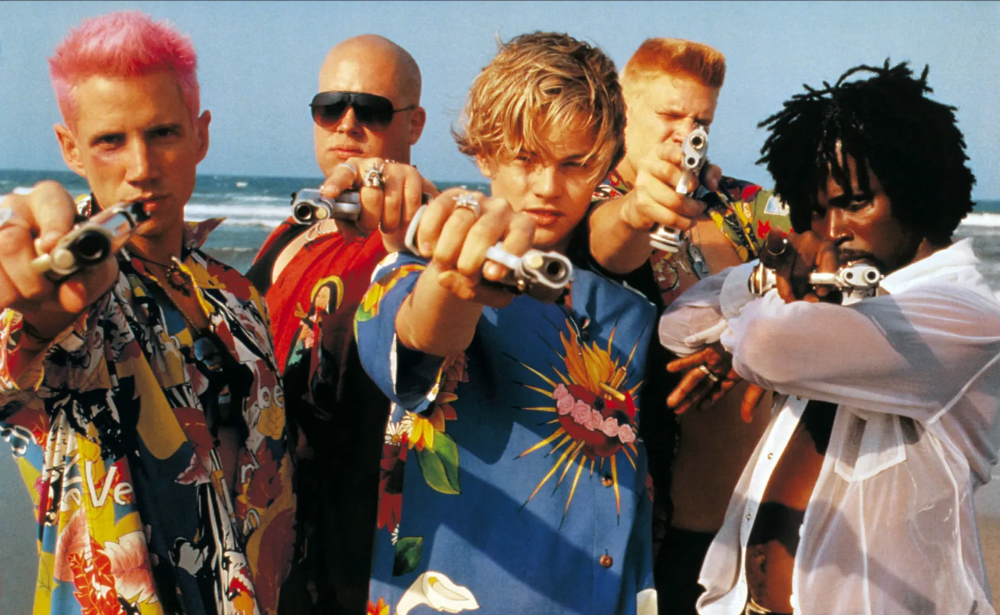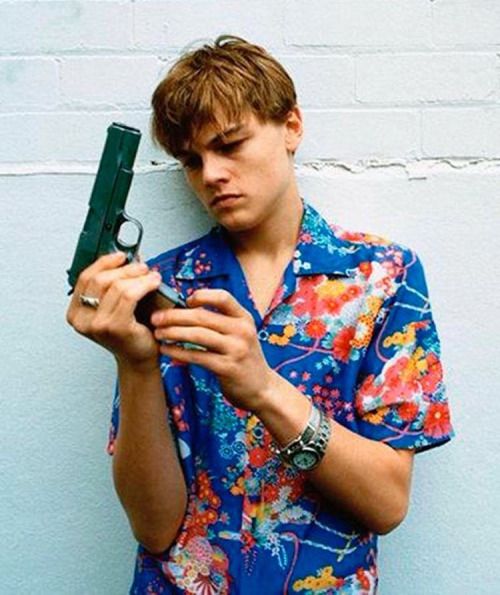The Real Ones- Alba Pau
THE REAL ONES: Alba Pau
By Laura Martínez
Can Pau: A farmhouse near Santa Gertrudis de Fruitera that is a temple of Mediterranean gastronomy, a woman with staring inquisitively from behind black-rimmed glasses and a conversation about the getting diners to keep coming back. Alba Pau is the soul behind Can Pau, one of Ibiza’s most emblematic restaurants. Its walls have witnessed as many anecdotes as the exquisite Ibicenco and Catalan dishes that are its hallmark. This family of restaurateurs from Girona moved to the island 50 years ago and are staunch defenders of both cuisines. If you like good food, be sure to book your table!
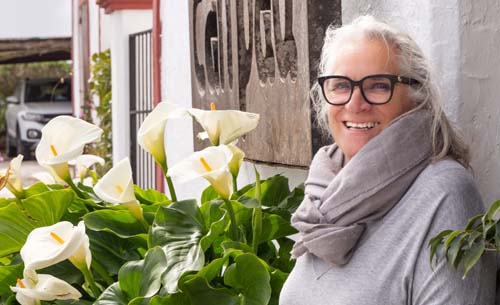
Can Pau has delighted demanding stomachs since 1973 with delicious cannelloni and butifarra sausages. How have you stayed on the crest of the wave for so long?
“There’s no secret other than years of dedication and hard work. We are three generations of a family committed to Mediterranean gastronomy and customer service, and it’s common to serve grandparents, parents and children from the same family. Sometimes, when the restaurant is full, I look around and realise that I know almost all of the diners. That’s the most gratifying thing about this job, the affection that people show.”
How has Ibiza changed since you arrived?
“Wow, a lot! It was delightful, architects, artists, princes and princesses from across Europe came to eat here… we’ve always been very clear about what sets us apart: great food and discretion. Everybody is welcome to enjoy our cuisine and feel at home with us. Naomi Campbell used to call and ask for a takeaway to be brought to Space, and I took it there for her. Nowadays, we have influencers, which is nice as well, but it’s something else.”
Ibiza has a deeply rooted gastronomy that is, however, unknown to the general public. Where does the problem lie?
“You’ve hit the nail on the head! Ibicenco cuisine and produce are marvellous, but the island’s tourist season lasts from May to October, meaning we don’t have much time to make a mark with our gastronomy, and there are few places that open 365. In my opinion, you have to be able to be open all year round to be able to show the client what you are all about.”
In Ibiza, you are well-known for your work with good causes and your commitment to various associations. Tell us about your humanitarian side.
“My family was very religious and closely linked to the old people’s home in my village, Banyoles. I would go to the home as a child and give treats, such as tobacco and sweets, to the elderly. The staff made me look after the chickens if they caught me! My parents took in a woman and told us she was our aunt until one day my mother came clean and said she didn’t want to tell us the truth because she wanted the woman to feel like a part of our family. When you grow up in a family where generosity is part of everyday life, it rubs off on you! I have been closely associated with APNEEF (Association of People with Special Needs in Ibiza & Formentera) for more than 20 years, offering everything from social skills workshops to pedagogical and psychological care. I am also the frontwoman for Plataforma Sociosanitaria, chaired by Antonia Ramón, and with whom we organised a telephone fundraiser at Pacha Ibiza in 2021, and Conciencia, chaired by Marisa Marí. Together we try to ensure that children with difficulties enjoy a happy childhood.”
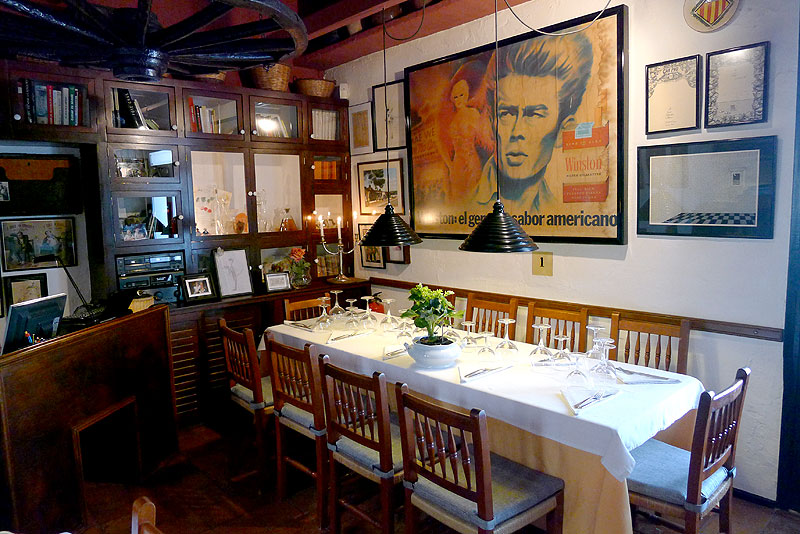
What is the most popular dish on the menu?
“The cannelloni! It’s the only dish I can’t take off the menu because they would kill me! There was a time when even my car smelled of cannelloni! The cauliflower au gratin is unmissable as well.”
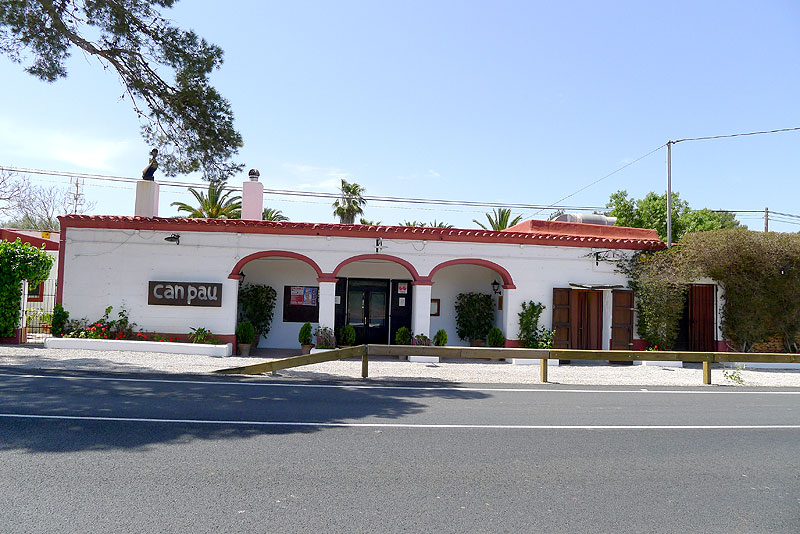
This is more of a reflection than a question. As Helena Bonham Carter said: ” I think everything in life is art, the way you walk, how you talk…” The art of Can Pou is winning people over through their stomach and their hearts.
“And by knowing how to listen! Going to a restaurant is very much like going to a confessional to ask forgiveness for your sins, it is important to listen to what people are saying without, of course, taking their problems home with you.”
